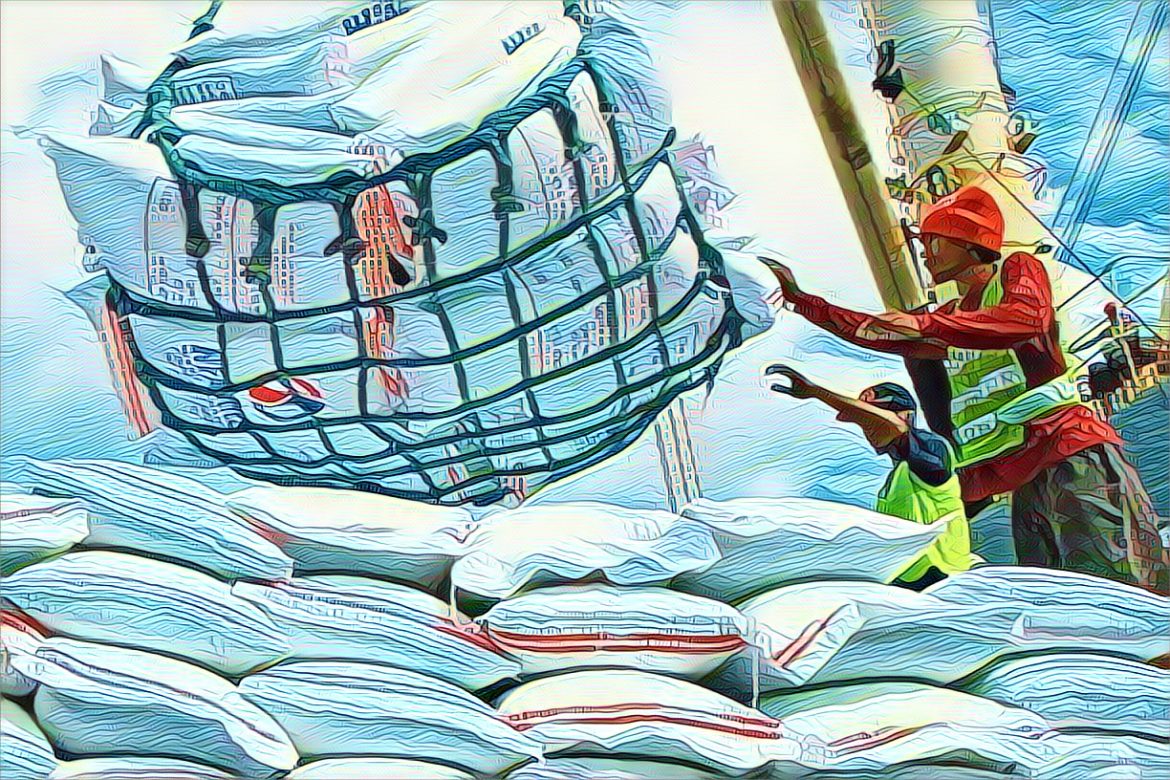Ghana, a lower-middle-income country in West Africa, faces a serious threat to its economic growth and food security due to its high reliance on food imports, according to a report by the University of Ghana’s Institute of Statistical, Social and Economic Research (ISSER).
The report, which was released on November 23, 2023, analysed the 2023 mid-year budget review and found that food items still dominate Ghana’s monthly import bill, led by produce from Asia and Europe. It cautioned that with high inflation already biting consumers and looming global recessions, unrest and climate pressures, further volatility in international food prices could severely impact Ghana.
Ghana’s food import dependence exposes the country to external shocks and undermines its domestic agricultural sector, which employs about half of the population and contributes about 35% of the gross domestic product (GDP).
The report recommended that Ghana should pursue self-sufficiency in key staple foods through increased domestic production and processing, as well as strengthening intra-regional trade, especially under the African Continental Free Trade Area (AfCFTA) agreement, which came into force in February 2021.
The AfCFTA, one of the world’s largest free trade areas by number of people and economic size, is projected to boost intra-African trade by 33% and reduce the continent’s trade deficit by 51%, according to the World Economic Forum. The agreement is expected to create new opportunities for investment and innovation in agro-processing, which has important implications for food security, job creation and poverty reduction in Africa.
Ghana, as the host country of the AfCFTA secretariat, has a strategic role to play in advancing the continental trade agenda and enhancing its own competitiveness and resilience. The report urged the government to implement policies and programmes that would enable Ghanaian farmers, producers and traders to benefit from the AfCFTA and access larger and more diversified markets.
Ghana needs to make more investment in infrastructure, technology, research and development, extension services, quality standards and certification, as well as addressing the challenges of land tenure, access to finance, climate change adaptation and mitigation, and gender inequality in the agricultural sector.
The report concluded that Ghana has the potential to become a regional food hub and a leader in the AfCFTA, if it can harness its abundant natural and human resources, leverage its strategic location and improve its business environment.
Source: MyJoyOnline




